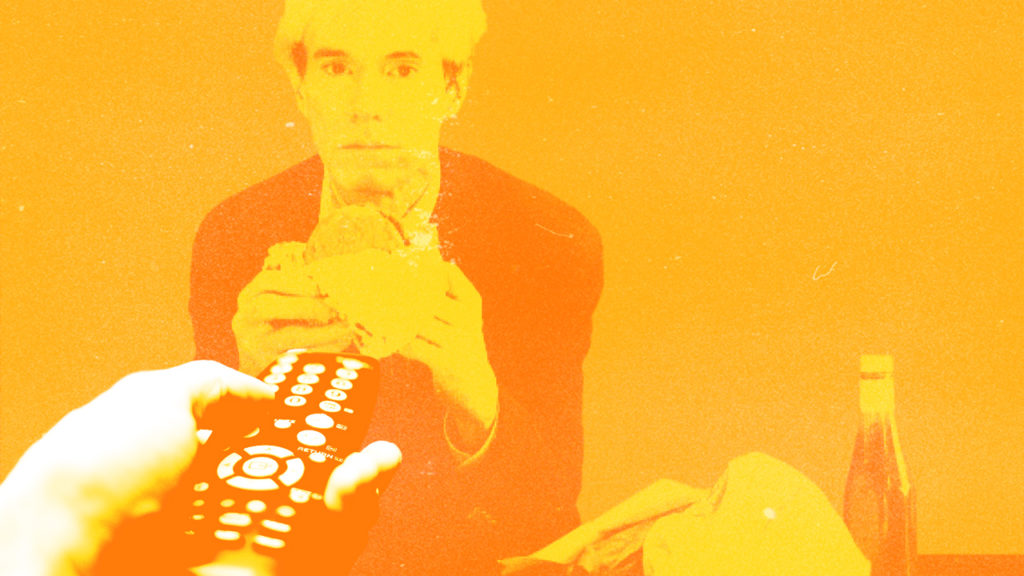Unsurprisingly, celebrity dominated the commercials of Super Bowl LIII. But what’s more interesting, and perhaps surprising, are the other trends of futuristic tech, art and emotional appeal.
Artistically-Inspired Commercials Take The Lead
Some brands turned to art to create cultural resonance and a sense of nostalgia. Both Coca-Cola and Burger King drew upon Andy Warhol’s cartoonish and simple art for their respective commercials and despite the vintage aesthetics, it came across as rather contemporary and even a little edgy. Andy Warhol once famously noted “A Coke is a Coke and no amount of money can get you a better Coke than the one the bum on the corner is drinking.”
Moreover, it was a subtle reminder to viewers that the brands have been around for a long time and are rooted so deeply into American culture, much like football.
Expensify’s groovy collaboration with 2 Chainz also had an artistic bent, weaving in and out of animation, taking place in a surreal world with off-the-wall imagery.
Emotional Appeal Remains Important
Studies show that people rely on emotions, rather than information, to make brand decisions and that emotional responses to ads are more influential on a person’s intent to buy than the content of an ad.
Whether happy, sad, afraid, surprised or angry—these emotions can be manipulated with finesse into an impulse to buy.
This year, Google’s ad inspired the highest emotional engagement according to Ipsos. Ipsos tests the ads in a realistic situation by recruiting an audience of 37 people to watch the ads at a Super Bowl party. Participants could even bring friends. Each viewer was fitted with a wrist bracelet and finger sensor that could capture galvanic skin responses that could provide insight into how emotionally engaged each attendee was to each commercial.
Back To The Future
While some brands focused on nostalgia and plying your heartstrings, others imbued their ads with futurism. Some notable examples of this were Pringles’ “Sad Device” commercial and Intuit’s (slightly) disturbing “RoboChild.”
Celebrities Remain In The Mix
According to MarketWatch, “with a celebrity endorsement, sales for products endorsed by athletes go up by an average of 4 percent.” Amazon’s Alexa Super Bowl commercial involved not only one but five celebrities from different backgrounds, including Gordon Ramsey, Rebel Wilson, Cardi B, Anthony Hopkins and Jeff Bezos himself.
Marketers know that a familiar face is likely to magnetize the viewer’s attention—it’s the original influencer marketing after all.

